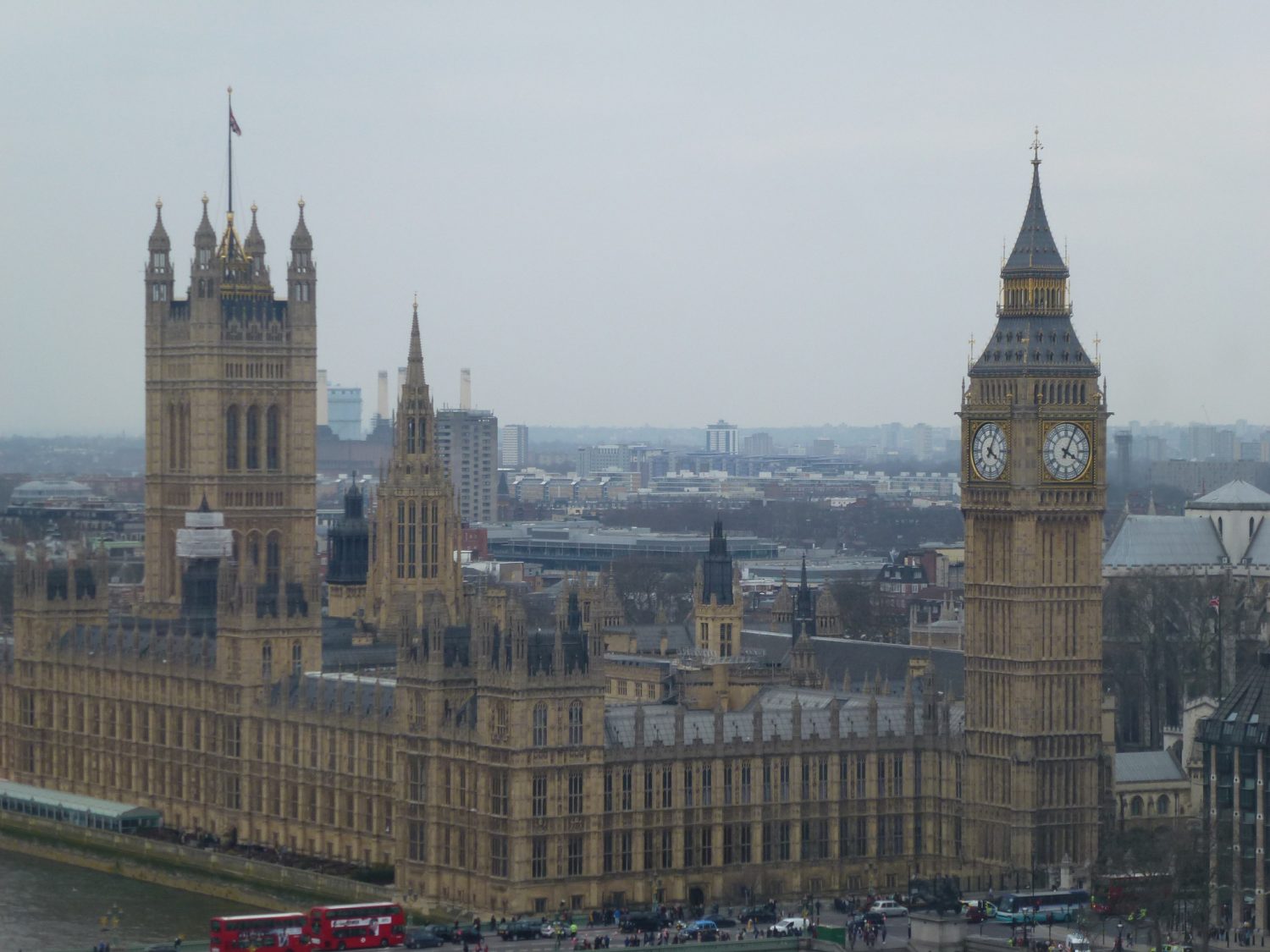
REDRESS Calls on the Next UK Government to Take Torture Seriously
Ahead of the General Election, REDRESS has released ‘Six steps for the UK to take torture seriously’, a plan ready for adoption by the next Government that addresses current gaps in anti-torture policy and legislation.
Recent weeks have seen the release of political party manifestos, and while some parties have made ambitious commitments to human rights, none present a comprehensive plan that will prevent torture, ensure that survivors of torture achieve justice and reparation, and hold perpetrators of torture to account in the UK.
Such a plan is badly needed. Everyone deserves to live in safety, free from torture, but over the last 14 years the Conservative Government has chipped away at the absolute ban on torture – a framework designed to protect us all – undermining international law and putting survivors of torture at risk.
For instance, in 2015 the UK dropped the Foreign, Commonwealth & Development Office’s Strategy for the Prevention of Torture, which was the UK’s central anti-torture policy, and later absorbed torture and other human rights commitments within a much wider and less focused agenda.
Since then, the Conservative Government has introduced several new laws and initiatives that threaten the absolute ban on torture. It has attempted to paper over historic crimes, including war crimes, committed in Iraq by British soldiers, by closing investigations or preventing those responsible for international crimes being held to account.
Recent reports of cover-ups in the investigation of extra-judicial killings by British forces in Afghanistan follow a series of attempts to restrict accountability for British soldiers accused of serious crimes. For example, the Overseas Operations (Service Personnel and Veterans) Act 2021 made it more difficult for civilians to sue the Ministry of Defence for torture and other ill-treatment that took place outside of the UK. It was only after a concerted campaign by human rights groups that international crimes like torture were excluded from a five-year deadline to prosecute crimes, though other limits remain. This was followed by the National Security Act 2023, which protects ministers and officials from being prosecuted if they pass on information to foreign actors that puts people at risk of torture or death. In 2023, the Northern Ireland Troubles (Legacy and Reconciliation) Act came into force, offering pardons under certain conditions to those accused of killings and other serious crimes during the Troubles era, prompting Ireland to bring a case (still pending) against the UK for breaching the European Convention on Human Rights.
Together, this pattern raises serious concerns that for too long the UK Government has been willing to undermine international law to protect members of its armed forces and other officials.
A series of damaging laws have unraveled the UK’s protections for asylum seekers, including survivors of torture, while breaching both the Refugee Convention and the UN Convention Against Torture. First the Illegal Migration Act 2023 removed basic human rights and limited the ability for migrants to challenge detention and appeal deportation decisions, putting them at risk of being returned to countries where they were tortured. Then the Safety of Rwanda (Asylum and Immigration) Act 2024 was passed to enable the Government’s policy to send some asylum seekers to have their cases processed in Rwanda, despite recent and credible reports of torture taking place in the country.
On top of that, the UK Government suspended funding to the United Nations Relief and Works Agency for Palestine Refugees in the Near East (UNRWA), based on information subsequently reported to have been obtained by torture. In some other cases, information shared by UK authorities may have directly led to the torture of British citizens, such as Jagtar Singh Johal.
The UK’s backsliding on its obligations has led to many of the above issues being flagged by UN bodies that monitor compliance with international law. The UN Committee against Torture raised concerns in its last two reviews of the UK, conducted in 2013 and 2019, about UK’s fulfilment of its obligations under the Convention against Torture. Plus in 2024, the Human Rights Council expressed concern in relation to a number of these areas.
The next Parliament must demonstrate that the UK does in fact take torture seriously. Britain has historically played an important role in the establishment of international law, including the ban on torture, and it must hold itself to those standards once again to restore its reputation on the global stage. Adopting our six-step plan, which we developed in partnership with survivors of torture and the UK anti-torture movement, would be a strong start.
The next UK Government should:
- Put torture prevention back on the agenda by introducing a cross-government anti-torture strategy in consultation with survivors of torture.
- Place survivors’ voices at the centre of policy by setting up an advisory panel that includes survivors of torture.
- Show that the UK takes torture seriously in its legislation by repealing or amending laws that are incompatible with the UK’s international obligations.
- Increase protections for Britons against human rights violations abroad by introducing the legal right to consular assistance and an envoy for arbitrary detention.
- Bring justice for survivors and hold perpetrators of torture to account by strengthening the UK’s legal framework to prosecute those who commit torture abroad.
- Ensure survivors of torture receive the compensation they deserve by introducing laws and regulations that would confiscate money linked to those perpetrating human rights abuses and use that money for reparations.
Photo: CC by Alan Cleaver
